With the fourth phase finishing on 31 December 2019, the British Retail Consortium (BRC) and environmental consultants Valpak jointly proposed a two-year interim fifth phase. This was to run during 2020 and 2021 while the government undertakes a review of the whole UK WEEE system and its regulatory framework.

The BRC had hoped that the current DTS system, which lets large retailers meet their WEEE obligations by contributing to a fund for local authorities to develop WEEE recycling collection points, would carry on.
But, in the face of a need to step-up the volumes of WEEE collected, Defra has taken a firmer stance and is only allowing the retailers to fund the council points for one more year.
This means that large retailers are to be required to take back WEEE instore from 2021 (see letsrecycle.com story).
Disappointment
Peter Andrews, head of sustainability at the BRC, said: “Whilst we’re disappointed that our DTS proposal was not fully approved, we’re glad the government has taken the decision to continue the initiative for the time being and we believe key improvements to WEEE collections and recycling can be delivered.
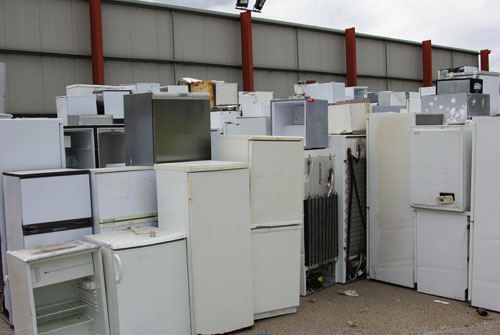
“We look forward to working with the government during its review of the regulations, in particular on how retailers can help towards increasing national WEEE collection rates in the most effective way.”
Smaller stores and online retailers without physical retail premises will be able to continue their membership for a year longer than large retailers, until the expiration of the scheme on 31 December 2021.
DTS
Under the WEEE regulations of 2013 retailers of electrical and electronic equipment (EEE) can either offer an instore take-back of WEEE on a one-for-one like-for-like basis or pay to join the DTS.
Any companies not part of the DTS, such as consumer electrical retailer Dixons Carphone (see letsrecycle.com story), must allow customers to bring in any unwanted WEEE to their stores for free recycling.
Retailers
Chris Brown, head of recycling operations and compliance at Dixons Carphone, said of Defra’s decision: “We need to make WEEE recycling more convenient for households, so it’s good to know other large retailers will have to join us in facilitating instore WEEE take-back.
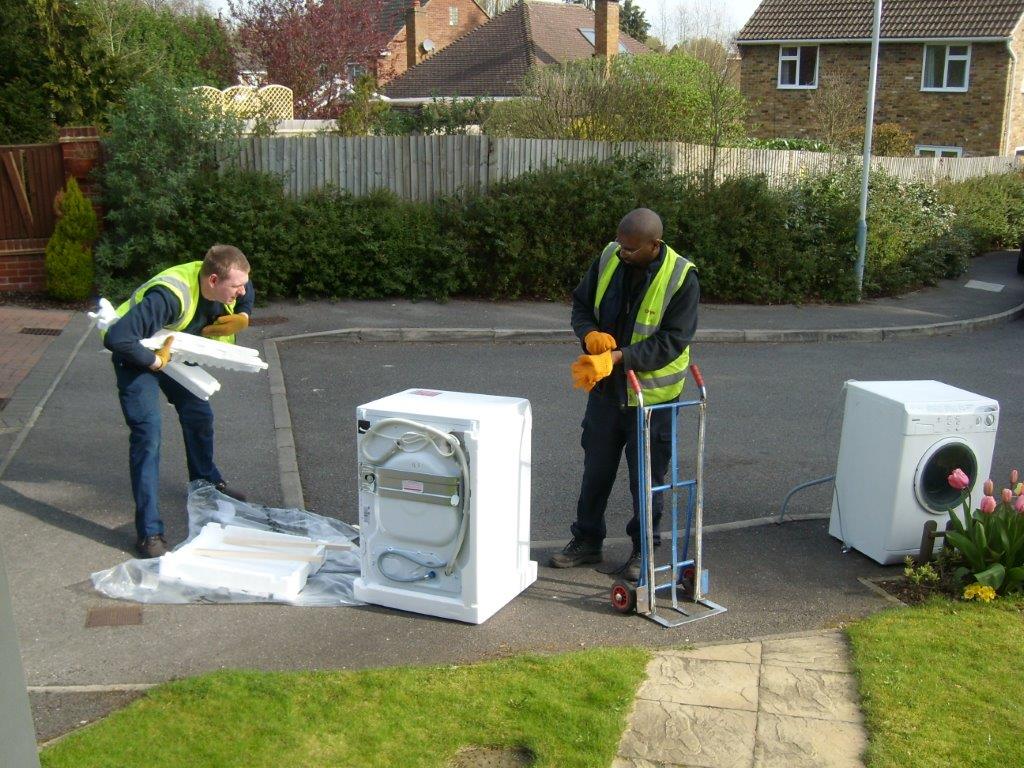
“Dixons Carphone has never been part of the DTS – we’ve offered an instore collection service on a one to nought basis for over 10 years.
“In November 2018, we also began to collect small WEEE from customers’ homes through our home delivery service.
“We want to make it as easy as possible for our customers to recycle their electrical waste and prevent it ending up in household bins and landfill.
“From our experience, the key to successful instore take-back is to fully utilise existing backhauling logistics and make sure there is clear communication between store colleagues and customers.”
Non-compliance
Meanwhile, the decision to allow large retailers to join the DTS just for 2020 has been welcomed by some within the recycling sector.

The previous scheme had faced criticism, with claims that it disadvantaged those retailers who actually offered free instore collection as per their legal obligations, rather than paying a fee to opt out.
Nigel Harvey, chief executive of producer compliance scheme Recolight, said: “It is pleasing that Defra will require larger retailers to provide instore WEEE takeback from the end of this year.
“That should have a material impact on WEEE collections in 2021 – particularly for lamps and smaller household appliances.”
Online retailers
Mr Harvey went on to discuss online retailers of electronic equipment, who he believes do not contribute sufficiently to WEEE recycling.
He said: “But there is another change that is needed to make the retailer WEEE landscape fair. Defra now need to tackle the high level of WEEE non-compliance through online marketplaces.
“This is even more urgent to make sure that the online marketplaces cannot continue to avoid the WEEE costs incurred by high street retailers.”
The decision made by Defra on the proposal specifically mentions online retailers, allowing members such as Amazon to have the scheme extended to them for a year longer than large retailers.






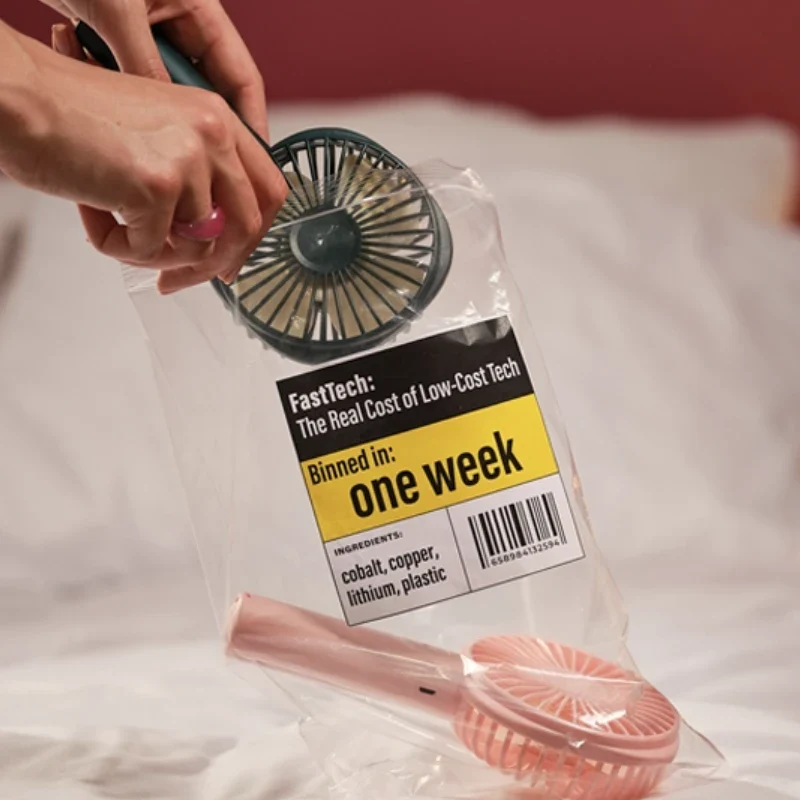
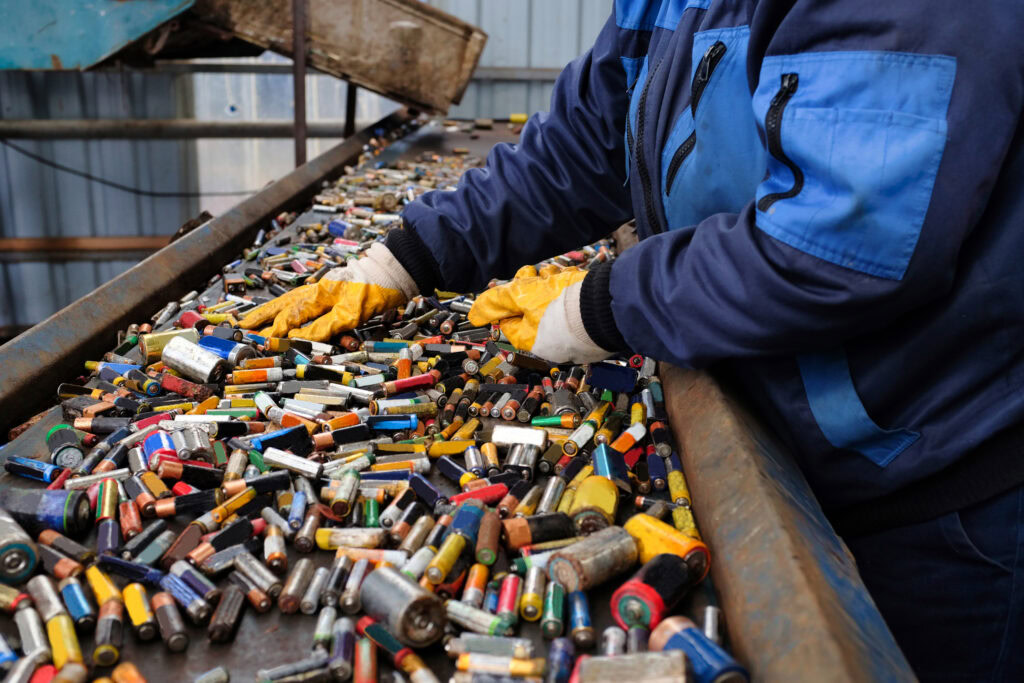
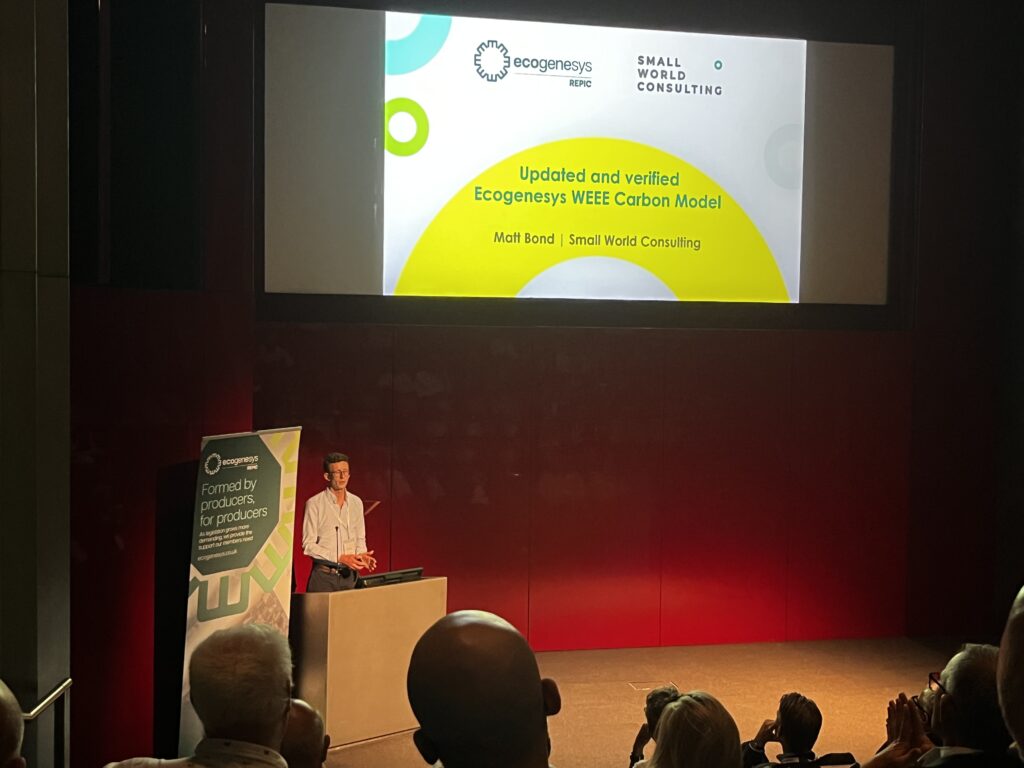
Subscribe for free